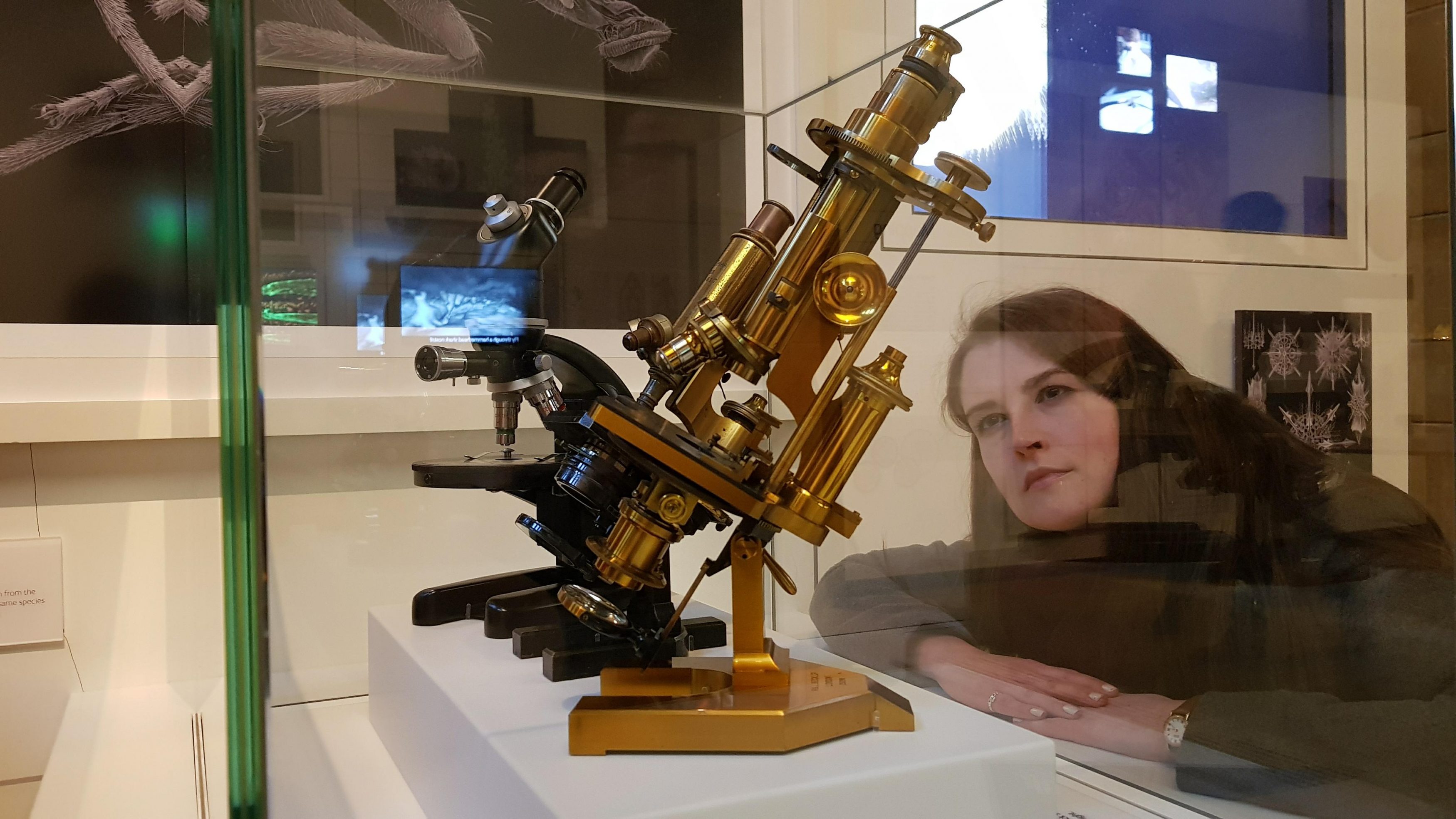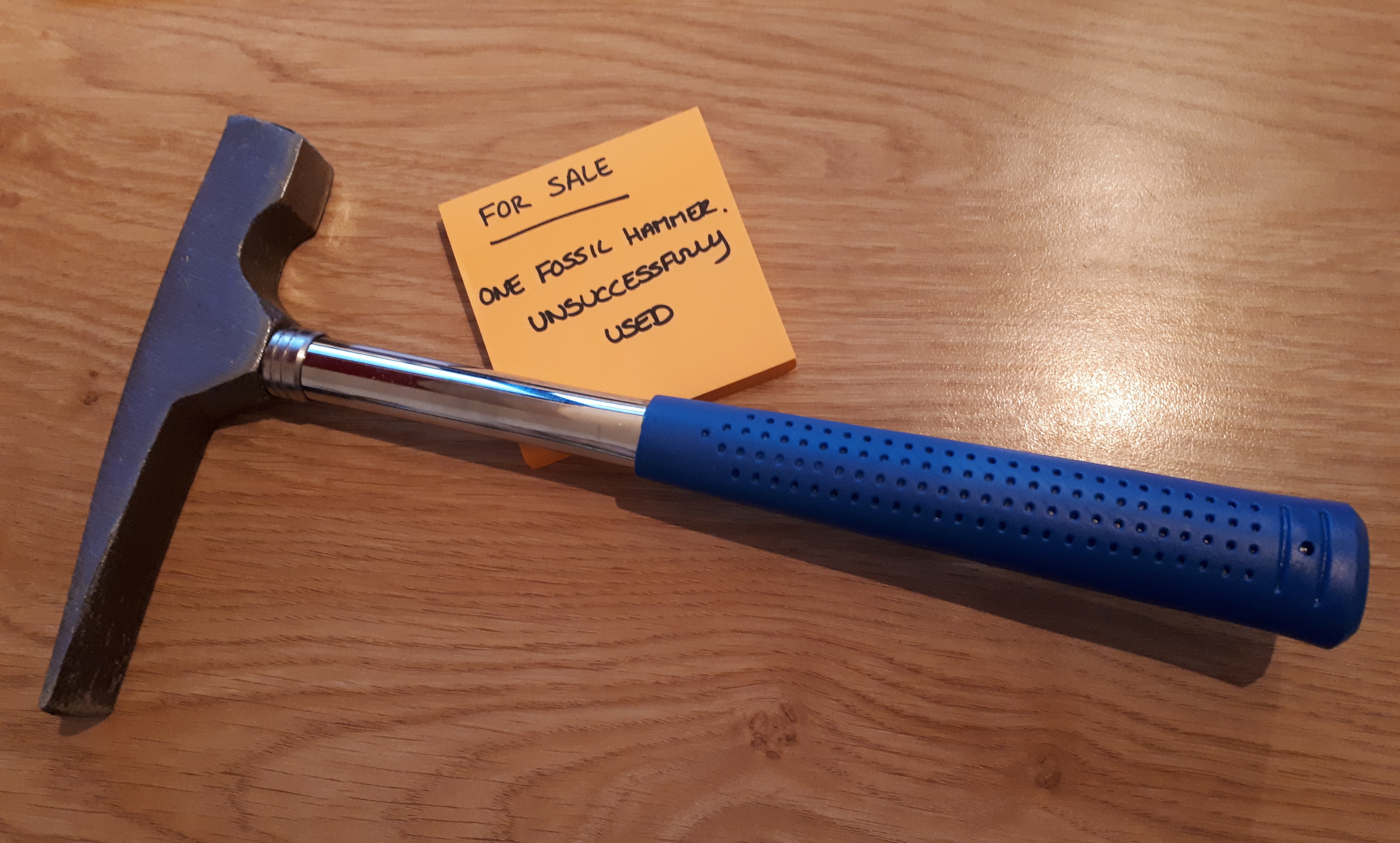The highest mountain is the one you haven’t climbed yet.
Writing a book is something that is on many peoples’ bucket lists, but it often seems like a monumental task. I started my book as a pet project. I had originally intended on self-publishing it as a series of articles through my blog. It was only because a friend of mine said that I should consider approaching some publishers that my idea became a real thing.
I’ve had loads of great support from my family and friends while writing my first draft, and one thing that I’m constantly surprised by, is how big a deal people think it is. Now, I don’t say that to be disparaging – it’s merely a matter of perspective. Having done the thing, the thing is now not a big deal to me. Like climbing a mountain, when you’re at the top you forget how tired you are, how much your feet hurt, and about all the tears and tantrums along the way. You’ve done it, and sure it wasn’t that bad really.
If you’re thinking of climbing your own book mountain, here are some of the things I’ve learned along the way. Note however, that I’m still in the editing stage, and there’s still some mountain left to go!
Break it down
My manuscript had to be a minimum of 50,000 words. When you’re sitting at zero, 50,000 words seems like a very long way away. Did I even have that much to say? One of my friends suggested that I could just repeatedly write the word ‘microscope’ a few thousand times and colour it white to hide it in the word document.

This is when your logical brain needs to step up. Grab a large sheet of paper and a pen (I like to write things by hand when I’m thinking). Break your topic down into chapters – let’s say ten chapters of 5,000 words each. 5,000 words is a standard essay in university, and you’ve written plenty of them!
I had nine months to write my first draft. That’s 1389 words a week, which is the equivalent of a blog article. To be honest, nine months was actually too long. It gave me ample time to obsess, worry, and rewrite things that didn’t need to be rewritten. Knowing what I know now, I probably could have done the same amount of work in about four or five months.
Slow and steady most definitely wins the race. Writing a little bit each day, or sitting down for a couple of hours at the weekend will get you to the finish line.
Make notes
“I don’t need to write that down, I’ll remember it”. No, you won’t. Write it down.
You will randomly think of topics that you want to include, or a good way of phrasing something while you are busy doing other things. Write it down the moment you think of it – either into your phone or carry a notebook. I carried a notebook with me everywhere. When I had some time to kill I would go for a coffee and just doodle some notes and thoughts about what I was writing.
Time spent mulling is time well spent, and you will be amazed at what emerges.
…and Book makes three
The work on my book essentially became the third person in my relationship. Writing takes time and that time must come from somewhere. You don’t have to end all social interactions, just manage your time as best you can. People are mostly understanding that you have a little less freedom because you have to spend time with Book. As I work freelance I was able to be flexible with my time. When the other half was at work, or after dinner, were the best times to write. We still made time for the odd Netflix binge.
Look after you
I gained 8lbs while writing this book and had to join Slimming World. Writing is mostly sitting still and fuelling your brain with sugar because coffee stopped working a long time ago. It’s no secret that writing is a sedentary sport, but the problem comes when your brain gets tired and you want to keep going. So, you eat. Your brain is fuelled by glucose and the quickest way to pony up the dough is by eating sugar. I’m not going to preach about healthy living – developing bad eating habits while writing is just something that you should try to be aware of.

Get out for a walk or do some kind of physical activity to counter-act the fact that you are spending so much time sitting still and eating biscuits. I started doing yoga because my back was locking up from all the sitting down. Going for a walk in also great for mulling over ideas, just remember to write down those ideas as you go!
Also, don’t forget to sleep. Writing is a cerebral activity and your brain can’t perform if it’s tired.
Help from the professionals
I was lucky in that I had a publication agreement before starting my book (sometimes you will have to write first and then pitch later). Having an editor while you’re working is nice, but there is very little they can actually help you with until you have written the manuscript.
My editor was great for getting me off on the right track, especially with the tone of the book. I ran the chapter headings past them and they were able to give some suggestions of what to include and what to put more emphasis into. If you know someone in publishing who can help you, talk to them. Remember, you are creating a product, so having someone who knows the product (and what sells) is a great help.
If you don’t know anyone personally, then try find someone through social media who is in your area. If you are polite and respectful of their time, most people are happy to help you.
Cleared for landing
Projects are always a sprint to the finish line – always! I don’t know a single person who has ever comfortably waltzed their way to their thesis/ essay/ project etc deadline. While you don’t need to become a shut-in, clear the last week before your deadline of any commitments. You will never be able to think as clearly or write as poetically as you can in the final days and hours before your manuscript is due. It’s just what panic does to us.
You can absolutely do this!
Whether you are at the early stages of writing, or even just at the ‘thinking about it’ stage, writing a book seems like an impossible task. Beginners enthusiasm is great, but the real test of your endurance is when the initial flurry of excitement has died down. Writing can be frustratingly slow sometimes, but if you can keep going, there will be a book on the horizon.
I haven’t written any fiction, so I can’t comment on what the process of that is like, but writing science is quite straight-forward. Follow the literature and your curiosity. Embrace your persistence predator nature, and a book will be your reward.



